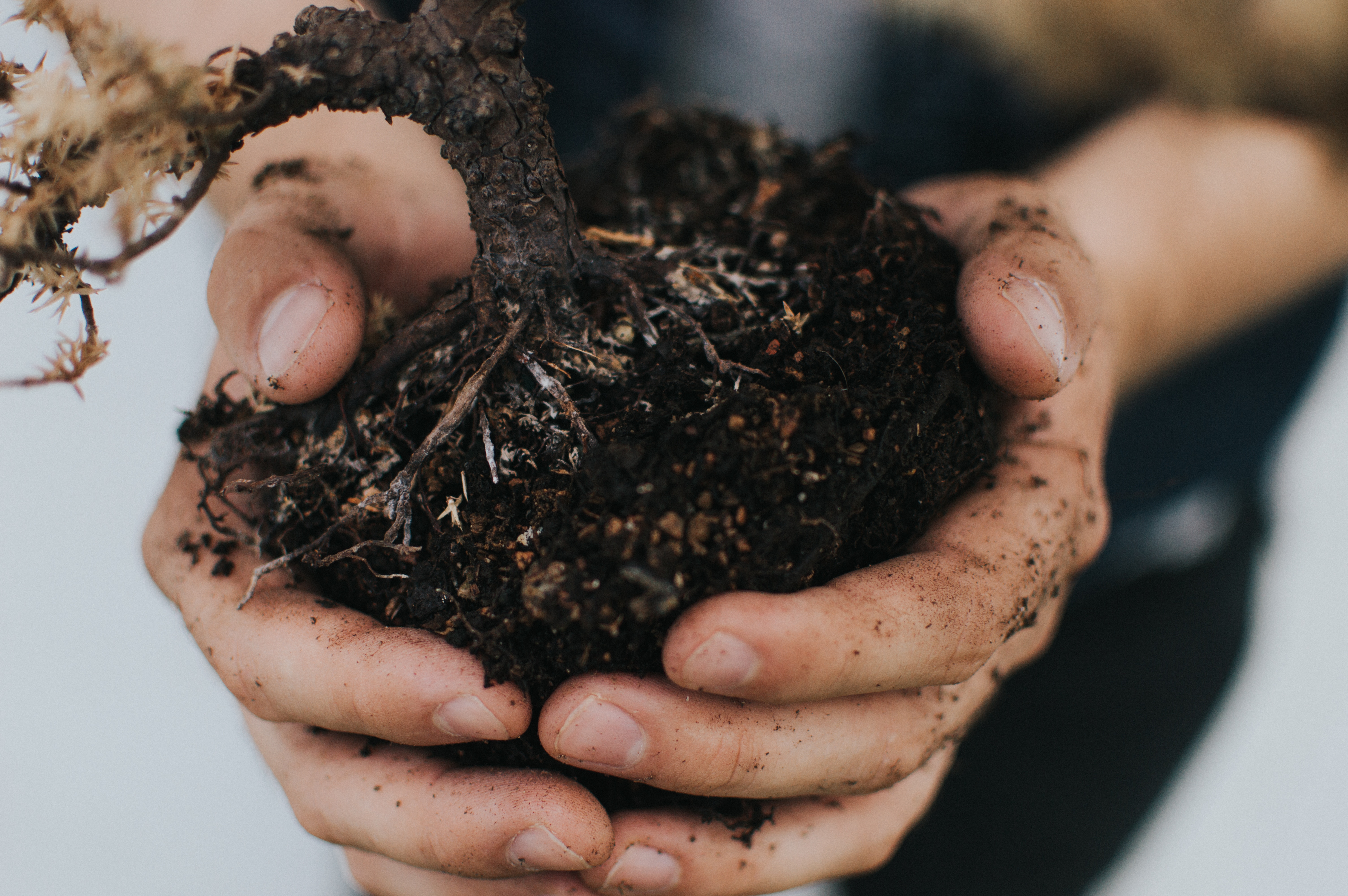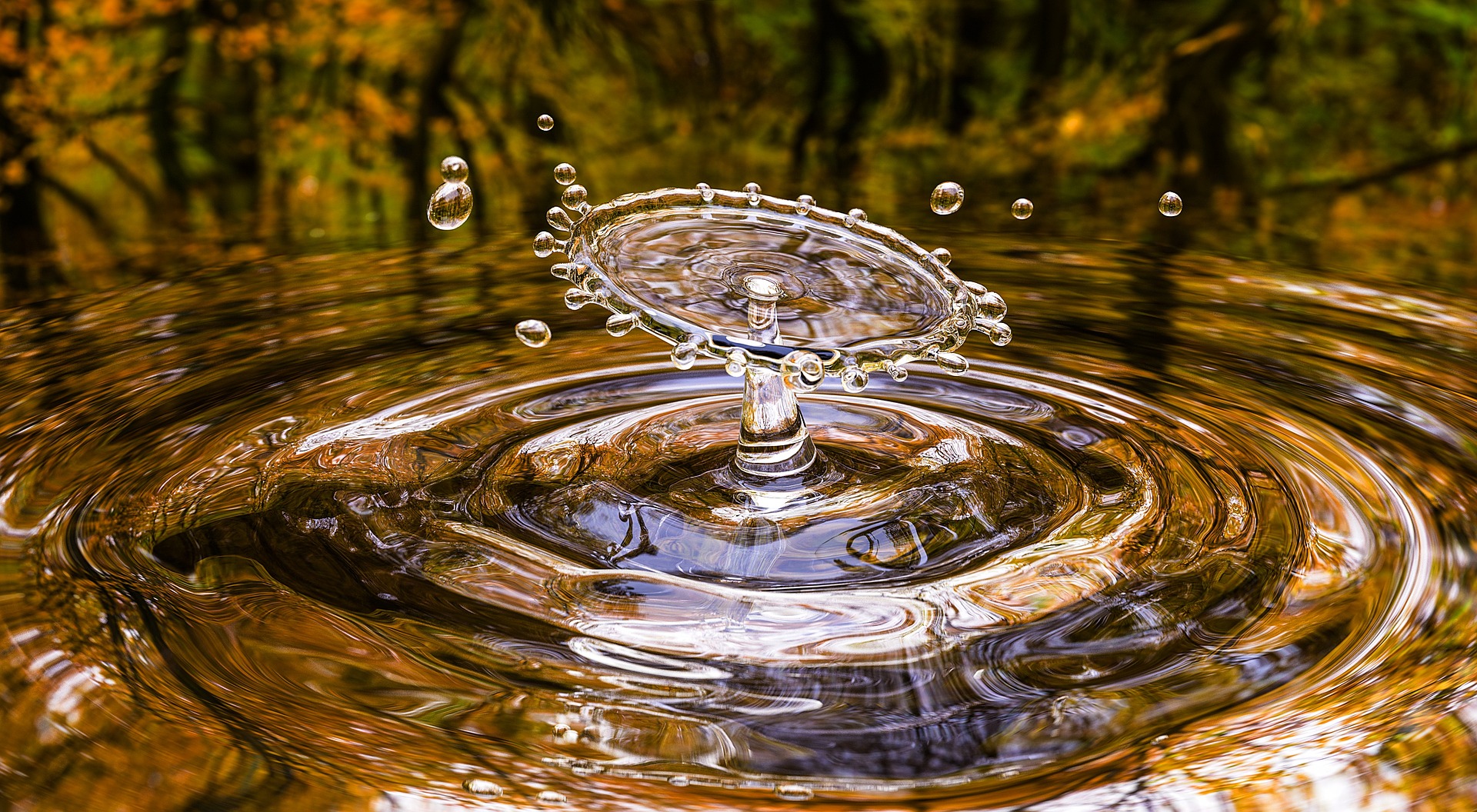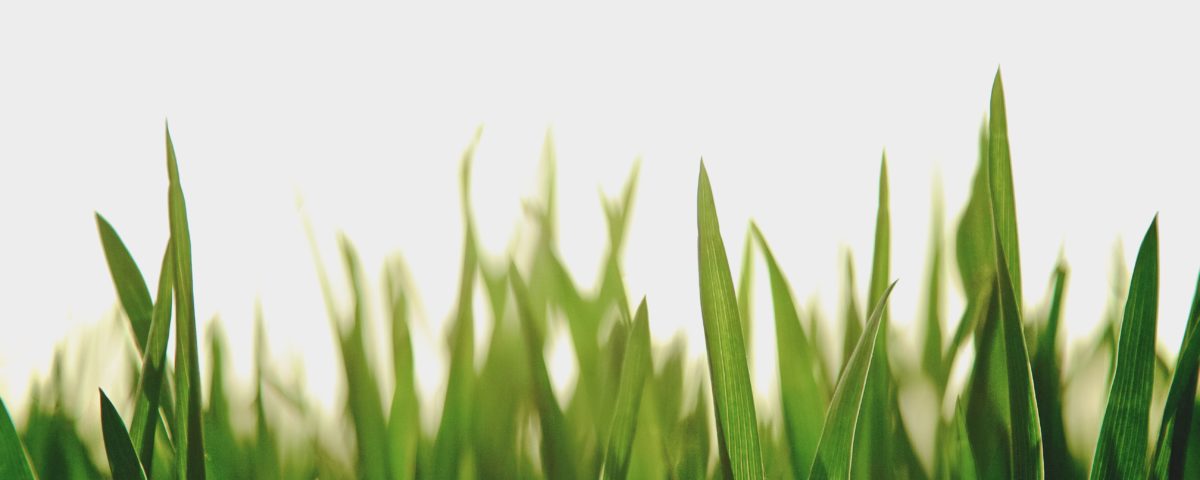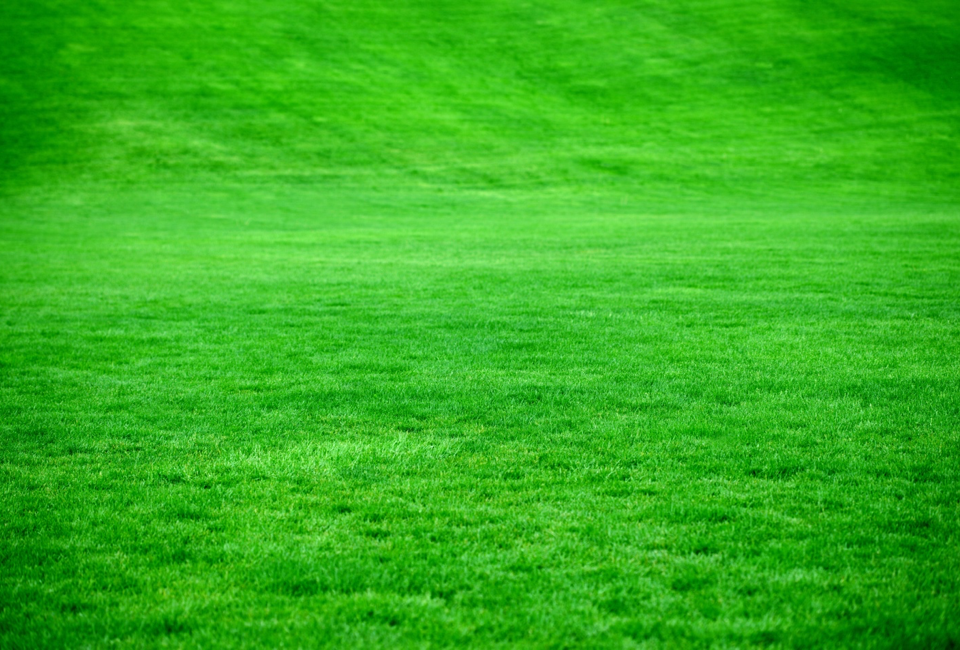
Smart Landscaping Tips for First-Time Homeowners
September 7, 2020
Handling Landscape Drainage Problems Like a Pro
September 7, 2020Taking your landscaping goals into your own hands is one of the best ways to improve your property’s curb appeal and create the outdoor area of your dreams. The amount of customization and variety that is available to landscapers these days is truly a gift. Whether you are new to landscaping or you have been working hard on your outdoor area for years, the key is to stay hungry for new tips and techniques regardless of your experience level. The more you learn about how to handle your landscaping, the better your results will be over the long term.
Unfortunately, there are quite a few misconceptions about landscapes that lead to common errors and even at times prevent people from even considering working outside on their properties. We want to set the record straight on these common misconceptions, which is why we’ve prepared the following article. Below, we are going to discuss some of the common misconceptions about landscapes and clear things up so that landscapers know the truth. This article is brought to you by Cal Blend Soils, the leading supplier of landscaping products in California. If you are interested in taking your landscaping to a new level or you are dealing with common landscaping issues, the products from Cal Blend Soils have a lot to offer. Reach out to one of our team members today to learn more.
Common Misconception 1 – Lawn Care is Not Essential
One of the common misconceptions about landscapes is the idea that lawn care isn’t all that important. Some people that are new to landscaping or simply don’t know how to handle lawn care believe that lawns are only for aesthetic purposes and that maintaining a lawn is not worth the effort. The truth is that lawn care is one of the most important landscaping activities.
First, consider the fact that your lawn is one of the first parts of your property that people notice. That means if your lawn is messy or unkempt, it will immediately detract from your curb appeal. Lawns also can clean the air by capturing dust and other particles on our properties, making our environment cleaner. Healthy lawns also help to prevent soil runoff and can benefit your entire property. Make sure you take lawn care seriously if you are interested in creating a truly memorable landscape.
Common Misconception 2 – Every Landscape is Essentially the Same
Another common misconception about landscapes is that every landscape is essentially the same. Some people believe that you can use the same approach to maintain a landscape and keep it looking great. This is simply not the case, as there is a lot of different variables to consider when designing a landscape and caring for it over the long term. If you aren’t taking care of your landscape, it can lead to issues like plant diseases and pests.
It’s easy to let things get out of hand quickly if you take a nonchalant approach to landscape care. Also, when you are designing your landscape, you will need to consider things like the region you live in, what native plants can grow there, how much sunlight your property receives, and what the soil is like if you want to achieve landscaping success. The truth is that every landscape is different and will require a unique approach, so keep that in mind if you are interested in making a truly memorable outdoor area.
Common Misconception 3 – Pesticides are Bad for Landscapes
One of the more frustrating issues that landscapers deal with is pest infestations. These tiny critters can not only cause serious damage to your plants but also end up being very difficult to get rid of after they have taken over. With that said, a common misconception about landscapes is that pesticides are bad for landscapes and can cause serious damage to the soil. This isn’t necessarily true, depending on the type of pesticides you are using.
Some pesticides can actually be beneficial for plant health on your property. The proper use of pesticides will keep pests away and actually ensure that the natural elements of a landscape are constantly producing their full set of environmental benefits. Pesticides must be approved by the Environmental Protection Agency before they can be used, so you can rest assured that they are appropriate for human health and our environment if you are using them.
Common Misconception 4 – Weeds Aren’t a Big Deal
Weeds are invasive plant species that can quickly sprout up all over your property. Some landscapers fall victim to the common misconception that weeds really aren’t that big of a deal. While weeds might not appear to be a huge problem at first, things can quickly spiral out of control if you don’t take them seriously.
When you allow weeds to take over your landscape, they will be taking valuable nutrients away from the trees, shrubs, flowers, plants, and trees that you actually want growing on your land. That means your landscape will not look its best until you get rid of any weeds that have grown in. Make sure you take weeds seriously and do your best to keep them at bay to avoid having things get out of control. Supplies like mulch can actually help you avoid weeds, so reach out to Cal Blend Soils if you are interested in purchasing great landscaping products at amazing prices.
Common Misconception 5 – If Grass Isn’t Green it is Unhealthy
The last common misconception about landscapes we will mention is the idea that grass is only healthy if it is green. However, every year grass goes into a dormant state that can mean its blades turn a brownish color. That doesn’t mean that your grass is dead, it simply means that your grass is protecting itself during the seasons it is vulnerable to.
Don’t stress if your grass isn’t green all year long. Just remember that when the grass goes dormant, its color will change and it doesn’t mean that your lawn is unhealthy.


